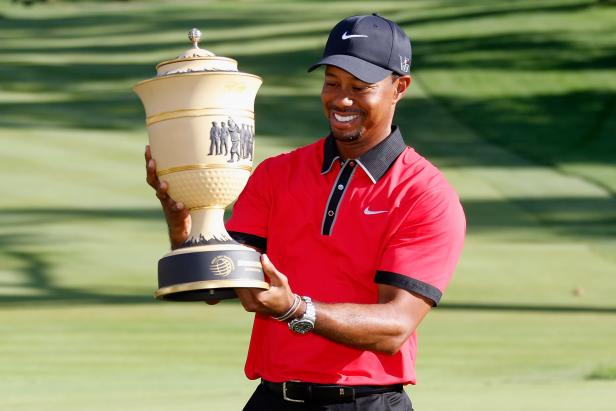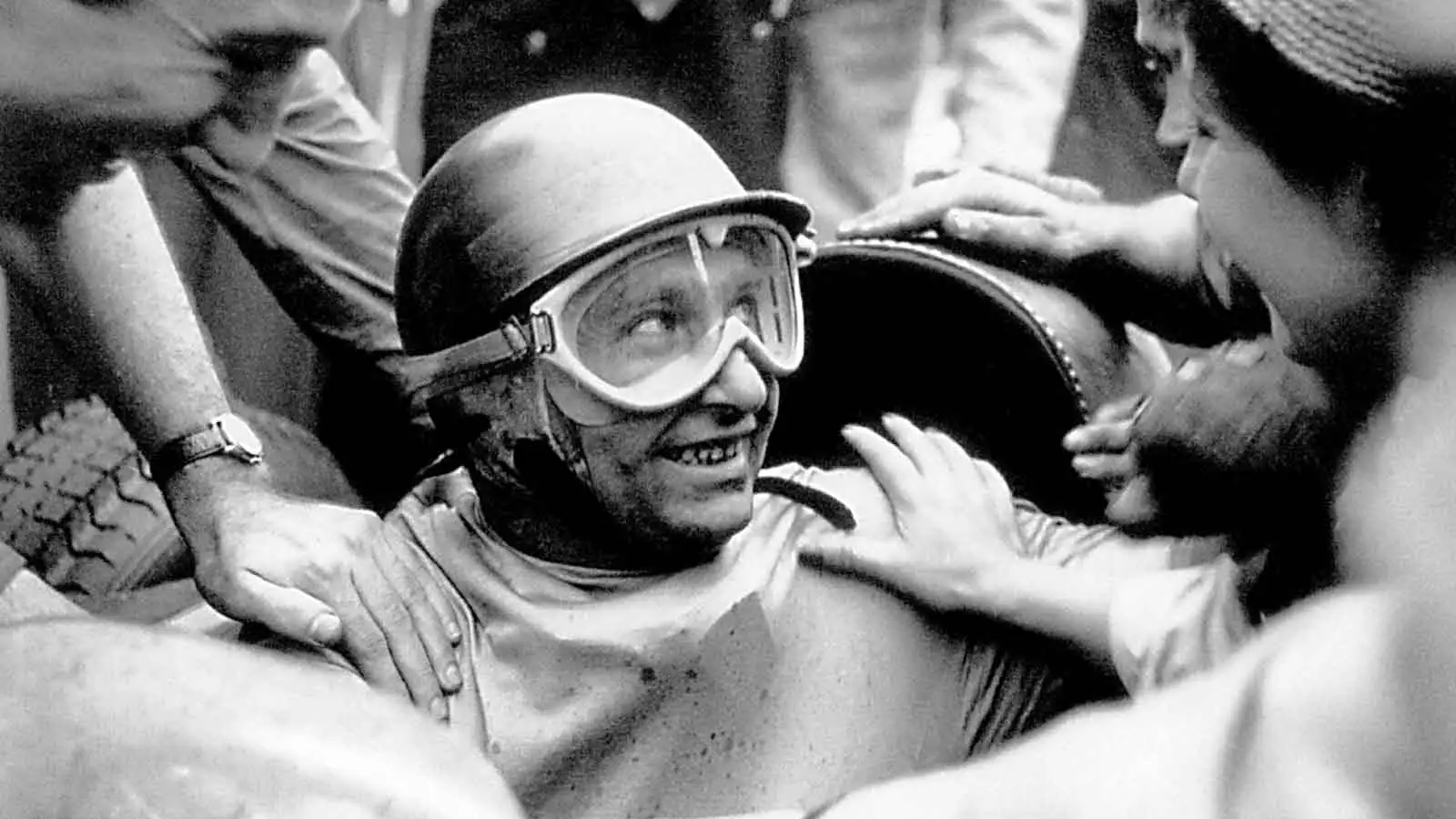An alliance of left-wing parties won the most seats in France’s parliamentary elections, official results showed Monday, in a surprise defeat for Marine Le Pen’s National Rally party, as voters opposed to her far-right policies appeared to heed calls from other groups to block her party from power.
French voters also appeared to punish President Emmanuel Macron’s centrist party in the midst of the unexpected results, though not as much as pre-vote polls and political experts expected.
The New Popular Front, a leftist bloc led by Jean-Luc Mélenchon, won 182 seats in France’s 577-seat National Assembly, followed by up to 168 seats for Macron’s centrist bloc. National Rally came third, securing as many as 143 seats in Sunday’s vote. To govern with an absolute majority, 289 seats were needed.
The outcome does not immediately answer the question of which political grouping will be able to form France’s next government. And whatever the result, Macron’s job as president was not in jeopardy. France splits its political executive role between president and prime minister, with the former traditionally overseeing foreign policy and defense and the latter’s portfolio more domestic in nature.
Because none of the blocs won an absolute majority there is likely to be a period of haggling until a coalition is formed, possibly, though not necessarily, with Mélenchon as France’s new prime minister. The election was called by Macron after his party performed poorly in European Union elections last month.
“The president has to bow and admit this is a defeat,” Mélenchon said Sunday.
The vote is taking place against the backdrop of deep anxiety in France over immigration, growing fears over crime and persistent worries about inflation-hit household budgets. The election has also cast a shadow over the Paris Olympic Games, which kick off in less than three weeks.
Pooping in Olympic river?Not even the 2024 Paris games can bring divided France together
“This vote is about putting France back on the right track,” said Jonathan Rodrigues, 29, a butcher from Seine-et-Marne, southeast of Paris, who supports the National Rally party, ahead of the vote.
Rodrigues said Macron’s government has been a “total farce.”
The National Rally party scored historic gains in a first-round vote a week ago, which raised the specter of France’s first far-right government since World War II. The party’s origins trace back to France’s pro-Nazi Vichy government. Voters in France threw their support behind the New Popular Front, which is comprised of a wide spectrum of leftist parties from far-left to centrist, on Sunday to prevent France from having a far-right government. The National Rally is jointly led by Le Pen and her 28-year-old protégé Jordan Bardella, who she wanted to install as prime minister.
Speaking to supporters after the exit poll was released on Sunday, Bardella criticized what he called the “unnatural” and “dishonorable alliance” that has “deprived the French people” of a National Rally victory.
“Tonight,” he said, “these alliances throw France into the arms of the far-left of Jean-Luc Mélenchon.”
Le Pen has long argued that France has been held back by EU policies on everything from farming to border security. She’s claimed NATO has been a destabilizing alliance that has antagonized Russia. She’s repeatedly expressed admiration for Russian President Vladimir Putin and endorsed former President Donald Trump ahead of his 2016 election. French media have spent years investigating Le Pen’s financial links to Moscow, claims she strenuously denies.
France decides:Why is the far-right so popular?
Sunday’s outcome could mean the election ends in deadlock, a so-called hung Parliament − a chaotic scenario where the New Popular Front is the dominant legislative force in the National Assembly but unable to pass laws without forming ad-hoc coalitions with other parties.
Macron’s seven-year political experiment with pro-business policies aimed at boosting France’s economy and reforming its bloated welfare state is dented. But the 46-year-old former banker and management consultant, known internationally in recent years for his non-stop efforts to garner diplomatic attention for Ukraine since Russia’s invasion, has ruled out resigning. His term does not expire before 2027.
Raising the retirement age, solidarity with Israel
In France, Macron has angered many for his attempts to reform the nation’s public services and welfare policies, including its retirement age. He also drawn ire from left-wing voters critical of him for pushing through legislation with measures aimed at reforming residency and citizenship tests that won the approval of the far right. He has expressed “unreserved solidarity” with Israel over its war with Hamas in Gaza and called for ceasefires.
They see him as “elitist, arrogant” and out of touch with the France’s lower and middle classes, said Jean-Yves Camus, an expert on far-right politics at the Paris-based French Institute for International and Strategic Affairs.
Camus said that many far-right voters in France claim that they see in Le Pen and Bardella politicians “who speak common sense” on issues from the economy to immigration. But he believes that they often fail to take into account that “politics in a country like France, which is so divided, is really difficult.”
“What is common sense when it comes to immigration?” he said.
“You can’t just put borders up or a fence up and say, ‘we’re not allowing any more immigrants.'”
In his address, Bardella said Macron had pushed France toward “uncertainty and instability,” adding that “for months now a wind of hope has picked up and it will never stop blowing. It all begins tonight.”



